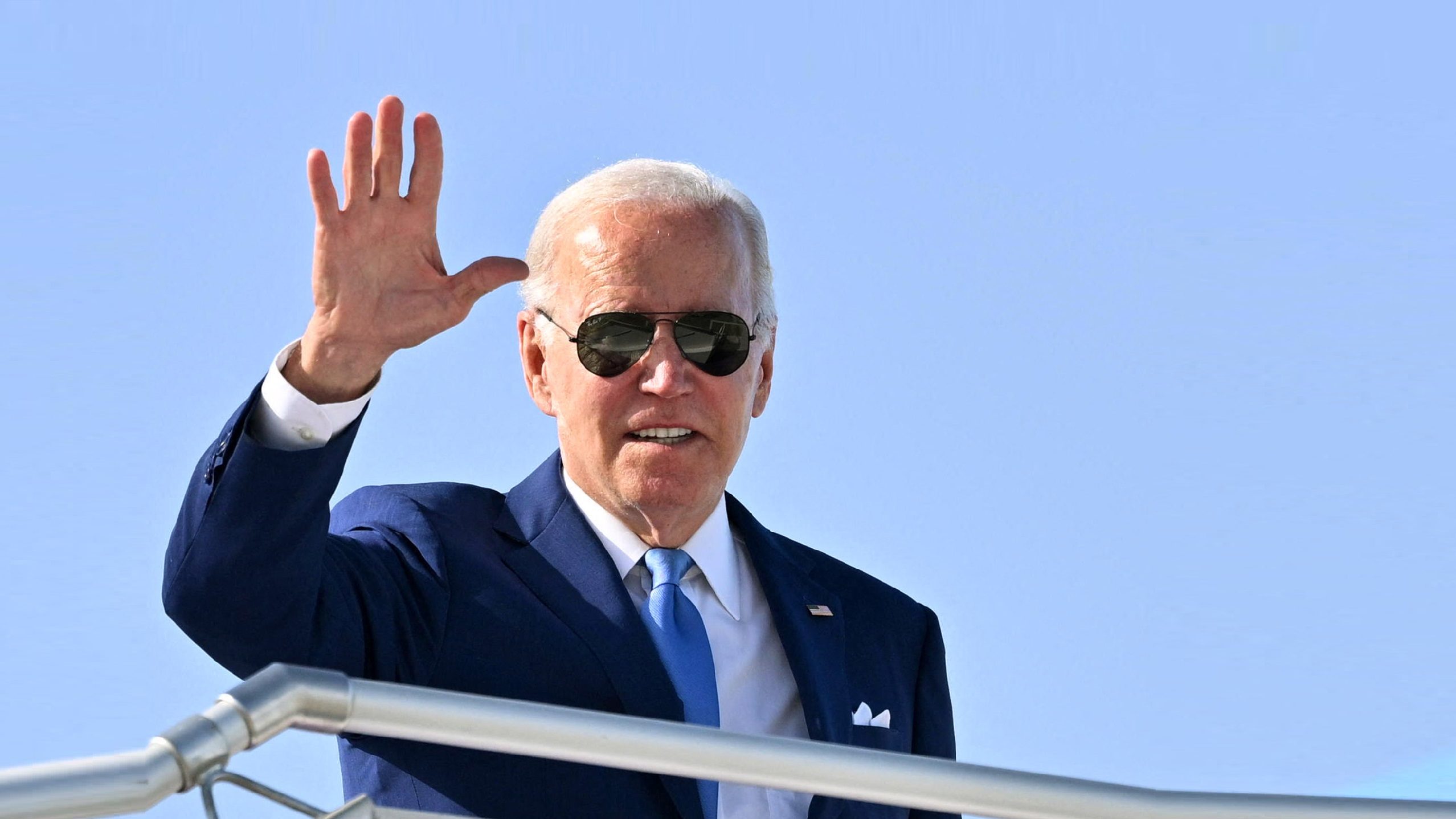Biden’s Trip to the Region: An Eye Toward China
Al-Masry Al-Youm, Egypt, July 27
Saudi Arabia made clear and unequivocal statements about its plan to boost oil production and inject oil into the markets even before the visit of US President Joe Biden to the region. Therefore, it’s highly unlikely that the purpose of Biden’s trip to Jeddah was to persuade his Saudi counterpart to increase his country’s production of oil. No US president would go on a foreign visit without knowing in advance what can be achieved in that visit. So, the strategic objective of Biden’s visit – in my estimation – was not oil, but China. Biden’s statements during the visit were very significant, revealing the extent of the crisis his country is facing today. In the press conference he held with the Israeli prime minister, and then in the summit that brought him together with Arab leaders, the US president used the same expressions over and over. He stressed that America will remain in the Middle East because “it will not leave a vacuum that can be filled by China, Russia or Iran.” Although Biden mentioned Russia and Iran alongside China in the repeated phrase, observers of US affairs clearly realize that China is the main target. It is no secret that the United States has come to regard China as its number one strategic threat. In fact, China doesn’t pose a threat unless America considers itself an empire that must continue to dominate the world, not just a superpower with interests like other great countries. The concept of “emptiness” or “vacuum” used by Biden is the essence of that meaning. The US seeks to maintain total and complete domination in this part of the world. The essence of the crisis that the United States is going through today is that it is well aware of the fact that it is accelerating a steep decline in its power. While Washington was fully absorbed in its messy wars in Afghanistan and Iraq, spending billions of dollars on endless fighting, Beijing made long-term investments in building up its power, and threatened American hegemony not only in economic terms but, more importantly, technologically. The Obama administration, in which Biden served as vice president, was making plans to withdraw from the Middle East in order to focus on Asia and meet the challenge of a rising China, a path that Trump didn’t oppose. It was clear from the first moment of the Biden Administration that the Chinese challenge was the highest priority. However, it is also clear that a review of what has been achieved in the last twelve years has led the administration to reach the conviction that the US withdrawal from anywhere in the world doesn’t serve that top priority. The war in Ukraine was a harsh lesson. America discovered that Russia, far less capable than China, was able to challenge American interests in the heart of Europe. And the positions of the Middle East leaders on the war were closer to the position of China than the position of the United States. Beijing’s influence extends around the world, including in Latin America, which the United States has long considered an impenetrable sphere of influence. What does it all mean? It means that the Biden Administration aims to reestablish its foothold not only in the Middle East, but in different parts of the world. Hence, the most important question relates to the distance between what the administration desires and what it is capable of achieving. In light of a looming economic crisis and upcoming elections, to what extent can the Biden Administration establish and maintain America’s hegemony in all regions of the world? Will this mean choosing local agents in each region as strategic hubs that serve Washington? More importantly, what price is the Biden Administration willing to pay local parties in each region to combat China’s growing presence there? –Manar Al-Shorbagy (translated by Asaf Zilberfarb)


